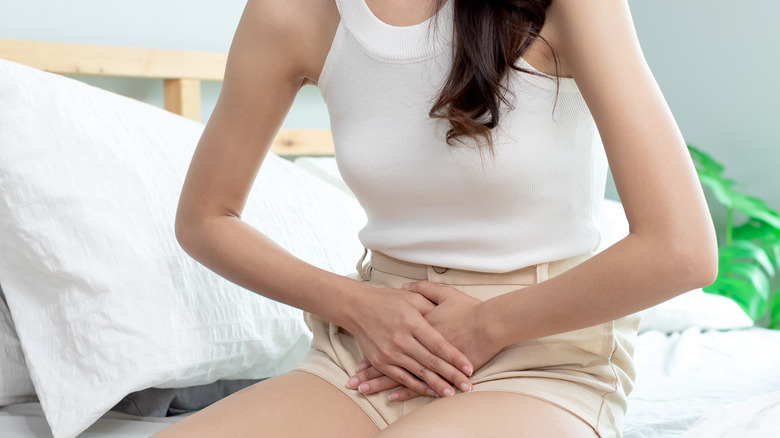How Caffeine Impacts Your Bladder
Many people rely on caffeine to wake them up in the morning and keep them energized throughout the day. While caffeine is a great way to get an energy boost, it can also have some unwanted side effects. According to WebMD, women who consume more than 330 milligrams of caffeine each day are significantly more likely to develop urinary incontinence.
Caffeine is a diuretic, which means that it increases urine production. This can lead to more frequent trips to the bathroom and may worsen symptoms of incontinence or overactive bladder. In addition, caffeine can irritate the bladder and make urinary urgency and frequency worse. If you have bladder problems, you may want to limit your caffeine intake or avoid it altogether. If you do drink caffeinated beverages, be sure to stay well-hydrated by drinking plenty of water throughout the day. You may also want to try decaffeinated versions of your favorite drinks.
What to know about caffeine
Caffeine is a stimulant that can have both positive and negative effects on the body. When consumed in moderation, caffeine can improve alertness, focus, and physical performance. However, too much caffeine can cause side effects like jitteriness, anxiety, and difficulty sleeping. It's important to know how much caffeine is safe to consume and be aware of the potential side effects of consuming too much.
Caffeine is a stimulant that acts on the central nervous system. It increases alertness and wakefulness by blocking adenosine, a neurotransmitter that promotes sleep (via Eat This, Not That!). Caffeine also increases dopamine levels in the brain, which improves mood and motivation. The effects of caffeine are usually positive when consumed in moderation. How much caffeine is safe to consume depends on the individual. Some people are more sensitive to caffeine than others and can experience side effects with lower amounts. The general consensus is that 400 milligrams of caffeine per day is safe for most adults (via Harvard School of Public Health). However, it's best to speak with your doctor if you are concerned about how much caffeine to consume.


